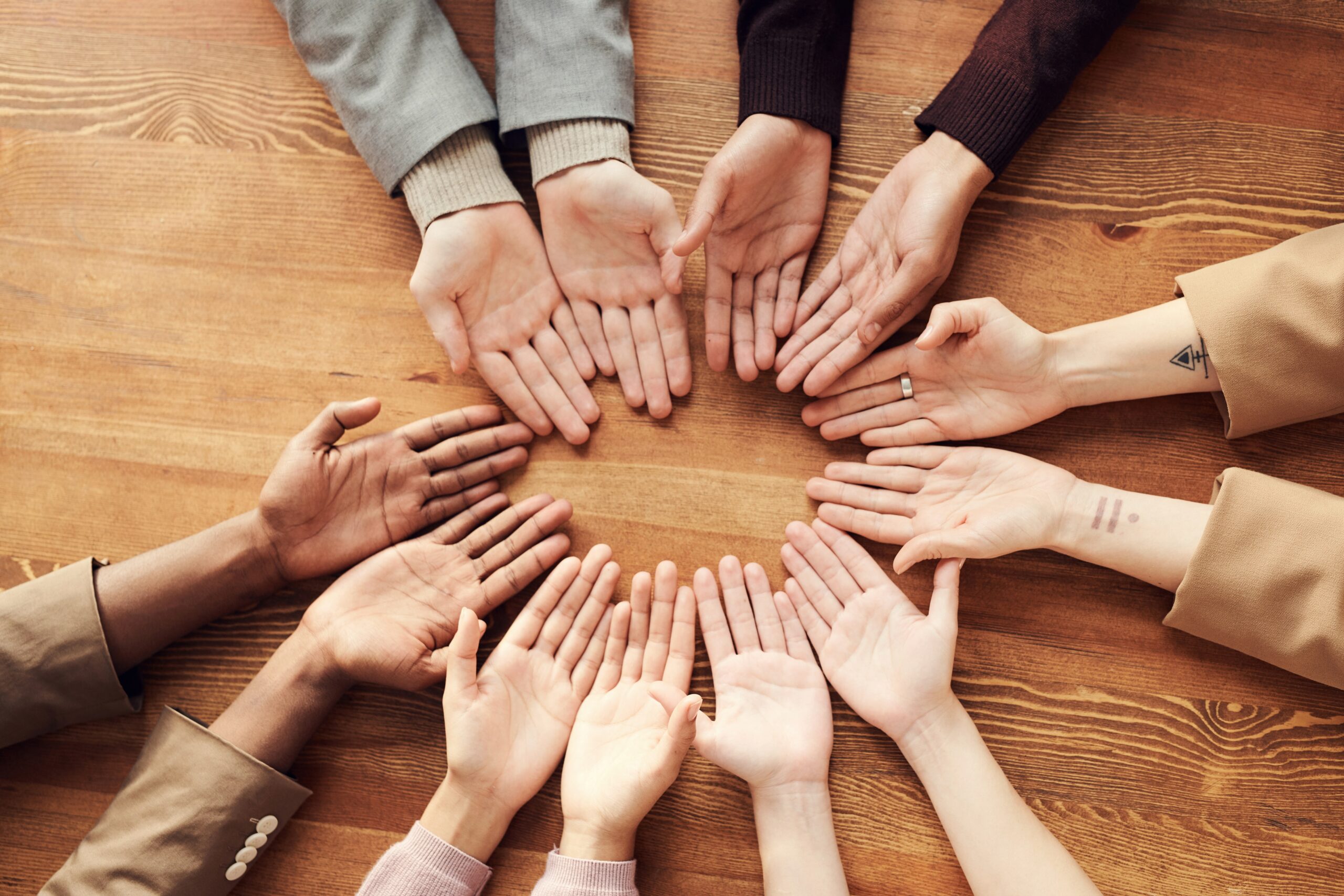Diversity, Inclusion & Reconciliation
CONNECT. SHOWCASE. PROMOTE.
Solidarity through the Arts
We condemn racism and we affirm our commitment to fair and equitable treatment, representation, and prosperity for all peoples. We would like to acknowledge that our organization still has further to go to achieve this mission and will reflect on the meaningful actions we need to take, to get there.
Diversity Equity and Inclusion through the Arts

MAN is invested in the full and equal participation of all people including Indigenous peoples, people of colour, newcomers and refugees, persons with disabilities, deaf persons, 2SLGBTQ+ people, and women in all areas of arts and culture. We will strive to remove barriers to participation by actively nurturing a professional and inclusive network, ultimately creating a culture founded on intersectionality, compassion, and respect.
MAN is reinforcing and exploring cultural representation with our members. We support and welcome new, challenging, and diverse artistic points of views in our programs. We are actively changing our systems to encourage increased representation from diverse and challenging viewpoints in our applications and seeing those artists selected, increasing access to these artists by rural audiences. We are currently working towards decolonizing our administrative practices.
Decolonization and Reconciliation through the Arts
Decolonization is:
- Challenging the dominance of Western thought and bringing Indigenous thought to the forefront.
- Encouraging a shift in the way non-Indigenous people view Indigenous Peoples.
- Putting an end to how we negatively affect Indigenous Peoples’ governments, ideologies, religions, education systems and cultures.
Reconciliation is actively working to establish and maintain a mutually respectful relationship between Indigenous Peoples and non-Indigenous people in Manitoba.
In order to work towards reconciliation we need to:
- Recognize and support the deep connections Indigenous Peoples have to the land.
- Learn about the past and ensure that history never repeats.
- Acknowledge the harm that has been inflicted, atoning for the causes, and changing our behaviour, including letting go of negative perceptions and stereotypes.
- Respect Indigenous beliefs, cultures, traditions, worldviews, challenges, and goals.
MAN is committed to ensuring that First Nations, Inuit and Métis knowledge, cultures, and traditions are embraced and reflected in the delivery of our programs, and in doing so the MAN Board adopted the UNITED Nations Declaration on the Rights of Indigenous Peoples as a reconciliation framework and will apply its principles, norms, and standards to corporate policy and core operational activities.
In addition, from the Truth and Reconciliation Commission 94 Calls to Action we will activate the following:
- Build member capacity for intercultural understanding, empathy, and mutual respect.
- Undertake collaborative projects and produce works that contribute to the reconciliation process.
- Be properly reflective of the diverse cultures, languages, and perspectives of Indigenous peoples, including, but not limited to:
- Increasing Indigenous programming, including Indigenous-language speakers.
Commit to meaningful consultation and building respectful relationships. - Ensure that Indigenous peoples have equitable access to jobs, training, and education opportunities.
- Provide education for board, staff, and members on the history of Indigenous peoples, including the history and legacy of residential schools. Which includes recognizing the:
- Inter-generational impacts of colonization, attempts at assimilation, and cultural genocide.
- Critical roles that Indigenous Peoples have held in the history of Canada, their contributions to world wars to protect Canada.
- Increasing Indigenous programming, including Indigenous-language speakers.
MAN is committed to ensuring that First Nations, Inuit and Métis knowledge, cultures, and traditions are embraced and reflected in the delivery of our programs, and in doing so the MAN Board adopted the UNITED Nations Declaration on the Rights of Indigenous Peoples as a reconciliation framework and will apply its principles, norms, and standards to corporate policy and core operational activities.
Land Acknowledgement
Manitoba Arts Network and our members live and work on Treaty 1, 2, 3, and 5 territories. We acknowledge and appreciate the contributions of the past, present, and future generations of the Anishinaabe (Ojibway), Cree, Oji-Cree, Dakota, Dene peoples, and the Métis Nation, as well as the Inuit people who have a strong community here in Manitoba. We are committed to developing a stronger relationship towards increased representation of Indigenous peoples in the arts.
Manitoba: Cree – manitou-wapow, Ojibwe – manidoobaa, Assiniboine – minnetoba. Meaning: where the spirit exists.
Winnipeg: from the Cree “win-nipi”, meaning: “dirty water” or “murky water” in relation to lakes and rivers.
